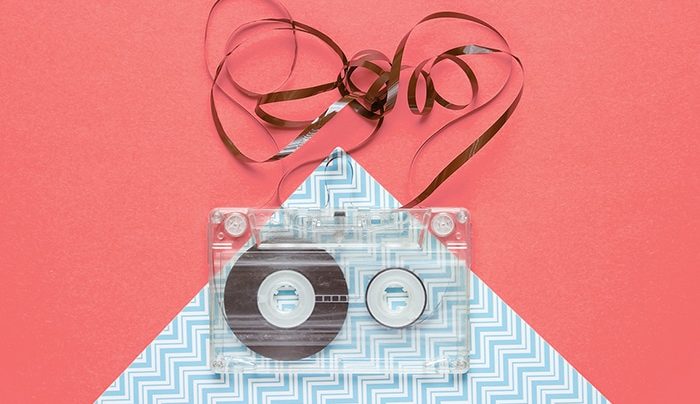From my early days as a cub reporter to now, as the mama grizzly overseeing a content marketing firm, I’ve been interviewing people for a living for most of my adult life. And even though the tools have changed — goodbye, tape recorder … hello, automated call recordings! — the skills have largely remained the same.
But what exactly are those skills? I put out an APB on LinkedIn to find out what other people think makes a great interviewer. Here’s what they had to say.
Prepare, Prepare, Prepare
Preparation is key. Yes, you’re hoping to learn from the subject, but you need some familiarity with their personal history and the topics you’ll be discussing. And, as Laura Moretz points out, there’s another benefit to preparation: “I’m prepared with research to win the subject’s trust,” she says.
Preparation can feel like a lot of work, but it’s essential to drawing out the best answers and it’s better to put that work in upfront that scramble to organize something meaningful out of a conversation afterward. A lot of times we can be interviewing people who are pretty savvy about answering questions — too savvy, in fact. Cue the “talking points.”
It’s our job as interviewers to smash that broken record and draw out real insights. To do that, you need to have listened to all those old songs and draw up questions that push the source past them.
Bring Your Shovel to Dig Past the Obvious
A lot of my work deals with HR tech and the future of work. I’m happy to talk all day about AI, big data, the job architecture and agile workforce development.
But my favorite question to ask in just about any interview: “Tell me about your first job.”
Because I’m going to get a story. I’m going to find out where and how someone grew up. Their childhood dreams. Plus, so many of our work experiences are tied to our first job. No matter if you worked on a farm or at an ice cream shop, you likely took something away that has shaped your perspective on the workplace — and the simple act of opening up about that often has a ripple effect throughout the interview.
Sometimes, though, you’ve got to keep digging to get to the story. Fio Dossetto says the most powerful “shovel” for this is the word “how.” “When somebody tells you they learned/made/achieved something, ask how they did it,” she says. “Once they reply, zero in on one or multiple details and ask, ‘OK, but how do you do THAT?’ ” Keep digging, she says, until you get a detailed look at the “how” you’re asking about, broken down into different steps. Does it work? “Works every time,” she says.
Give Yourself Time
One of the biggest missteps that I see younger content marketers and journalists make is that they mistake efficiency for quality. Let’s start by looking at the email interview — for me, it’s a last resort. When you conduct interviews by email, you lose the spontaneity of human interaction and curiosity, and the possibilities that a simple conversation can bring.
Your goal should be to work within as few artificial limits as you can. “I like to start with only a few broad questions,” says Micky Deming. “Then I listen very well for their answers, and I make the majority of the interview questions follow-ups based on what they are saying.”
Being patient also means not rushing through things. Let your interview breathe. Stretch it out. “Don’t be afraid to sit silently after the interviewee finishes answering the question,” says Jim Samuel. “They will often start to say more to fill the silence. That can be when you get the best information and quotes.”
So make the time to get the material that you need, and plan your interview accordingly. For a blog post, I estimate that it takes about 20 minutes of phone time to get 750 meaningful words. If you’re doing an interview in person, then give yourself even more time; in my experience there’s a lot more banter, rapport and sizing each other up when you’re meeting someone face-to-face.
And One Final Thing…
I love my call transcription service. But take detailed notes. Because technology always seems to fail when you need it the most.






